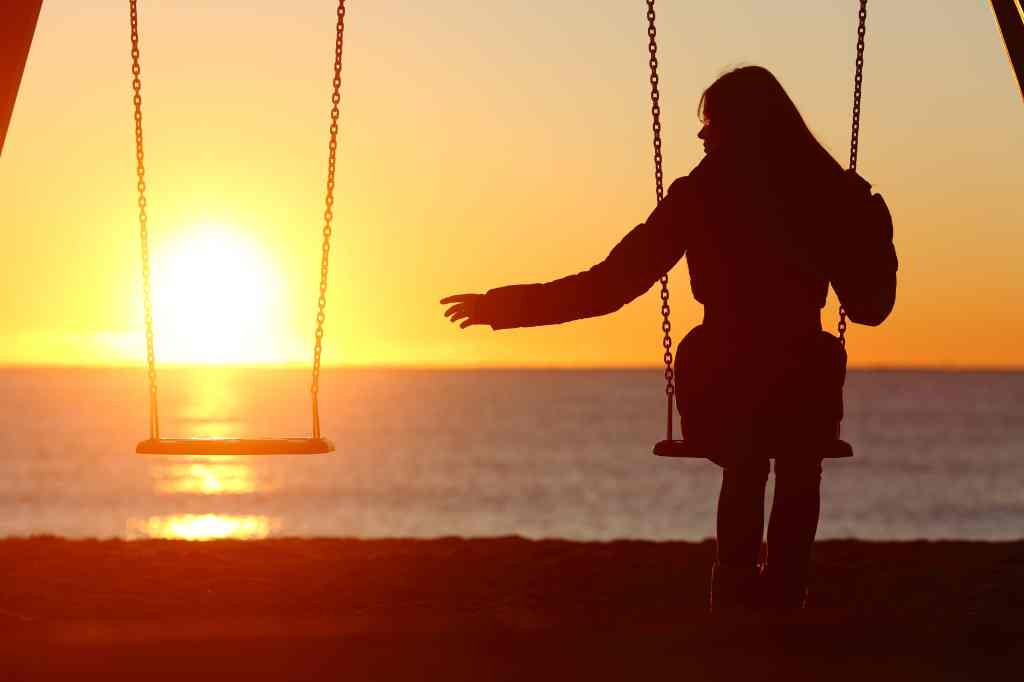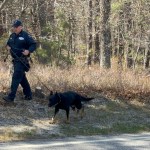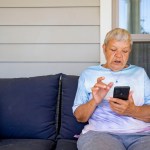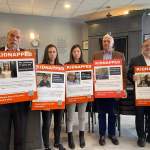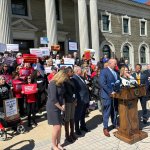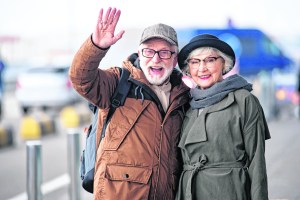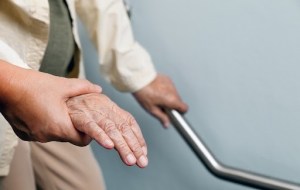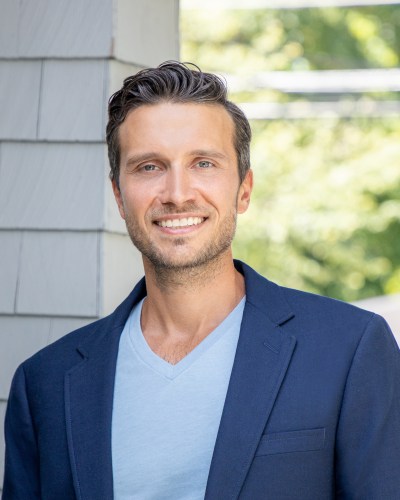After her husband unexpectedly died at age 44, Kathryn Douglas was so frustrated with Long Island widow support groups that she walked out of one and founded a group of her own.
In the 12 years since, her nondenominational nonprofit, Widowed Not Alone, has grown from a couple dozen young widows and widowers meeting at St. Matthew’s Roman Catholic Church in Dix Hills to a community of hundreds.
“I had no idea there was this many widows and widowers on Long Island,” says the 61-year-old semi-retired muralist from Bay Shore who volunteers for the group full time. “I try to give them hope. That there’s ways to get through this.”
It’s one of many such groups on LI, but what sets it apart is its flexibility. It allows members to join immediately, while others require a three-month waiting period after a spouse’s death.
“That’s my biggest gripe,” she says, noting that she’s taken in people a week removed from their loss. “You could be suicidal in three months.”
Although sessions end after eight weeks, unlike other bereavement groups, Widowed Not Alone members continue to meet bimonthly afterward for as long as they like.
“The continuation is one of the most important things that we do,” says Arlene Ricca, of Glen Head, who lost her husband in her 50s, joined Douglas’ group and now helps run it. “We don’t just throw them out after eight weeks and say, ‘OK, you’re on your own!’”
The group, which is geared toward young people, runs three eight-week sessions: One for those 50 and younger, another for ages 51 to 56 and a recently added group for those up to 65. Sessions run simultaneously three times annually, with the next groups starting in January. There are also sessions for children who’ve lost parents.
The group helps participants cope with trigger days such as birthdays and anniversaries. It also offers socialization and help with everything from finding trusted handymen and handywomen to babysitters.
Fifty-eight people are in the current sessions, which started in September. People have come to the group after suffering all types of loss, from the Sept. 11, 2001 attacks to suicide. Women have come pregnant with their late spouse’s child.

“We try to cover all the ages,” says Douglas, who was 42 when her husband died and recalls her youngest member joining at age 21. “These people are still young. They’re still working and they’re still driving.”
Douglas understands loss. She met her second husband, a widower, in a bereavement group. After the couple, who each had three children, became a blended family, she lost a stepson five years ago.
Douglas vowed to create a more compassionate bereavement group than the ones she experienced, where participants shared more details than she could bear while grieving. She took as a sign the answer she got upon calling St. Matthew’s to inquire about setting up such a group.
“‘I was just praying for help with bereavement when you called,’” Douglas recalls the nun who answered the phone telling her. “I was there in five minutes.”
She now has nine helpers and five more in training, all volunteers. The group is working on outreach to ensure more people can find the group. Ricca warns that those who don’t talk about their issues are likely to face medical consequences as a result of bottling them up.
“A lot of the stress and the anxiety that goes along with the loss of a loved one takes a toll on your body,” says Ricca, who was diagnosed with irregular heartbeats known as broken-heart syndrome and was unable to work for two years after her husband’s death. “The men suffer anxiety, but women have sicknesses related to their anger.”
The group also prepares participants for how to handle the insensitive things that people sometimes say to those who’ve lost a spouse, such as, “You’re beautiful, you’ll be married again in six months” or “It’s been six months, you’re still grieving?”
Douglas notes that those who pass will always be in their surviving spouse’s heart.
“We’re not just a support group,” Ricca says. “We’re a family.”
For more information, visit widowednotalone.com



